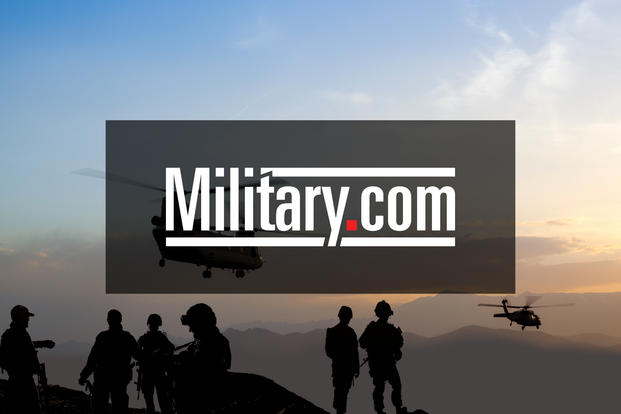Defense Secretary Ashton Carter sidestepped Monday on the main topic of a think tank forum -- how the Pentagon will work with a new commander-in-chief -- while laying out a range of ongoing DoD programs and strategies that appeared to conflict with positions taken by Donald Trump.
Vice President Joe Biden, who spoke later at the same conference, had fewer qualms in remarks aimed at Trump on a Mexican border wall, Russian President Vladimir Putin and Muslims.
Carter initially said he would be avoiding the topic of the all-day Center for a New American Security conference: "The National Security Inheritance: Setting the Next President's Agenda."
"Now, I know today's conference is focused on the upcoming Washington transition," Carter said. "I want to be clear up front that I'm not going to talk about that subject. And the reason for that is, the United States has a long-standing practice, tradition and principle that our department, our military and our security leaders stand apart from the electoral process."
Without mentioning Trump by name, Carter then went on to lay out a series of Pentagon programs to bolster NATO, strengthen cooperation with allies against ISIS, counter China's rise in the Pacific, and oppose the aggression of Putin that appeared to conflict with the campaign stances on foreign and defense policy of the presumptive Republican nominee.
Biden, who spoke later at the conference, was more direct in remarks clearly aimed at Trump. He also did not mention Trump by name while warning against a new commander-in-chief wielding a "soundbite" foreign policy that projects "the attitude and insecurity of a bully."
Building a wall on the Mexican border, one of the Trump's main policy positions, would only bring "a return of anti-Americanism and a corrosive rift throughout our hemisphere," Biden said.
"Environmental disruptions, pathogens, computer viruses, malicious ideologies -- these threats don't respect borders. And no matter what others may claim, we cannot wall ourselves off from these challenges. Even in simpler times, isolationism never offered more than a false sense of security."
Trump has often cited his ability to get along with Putin, but Biden said that cozying up to the Russian leader while he was backing separatists in Ukraine "could call into question America's long-standing commitment to a Europe whole, free and at peace."
The next administration "will make its own choices," Biden said, but singling out Muslims for profiling or exclusion should not be among them.
"Wielding the politics of fear and intolerance -- like proposals to ban Muslims from entering the United States or slandering entire religious communities as complicit in terrorism -- calls into question America's status as the greatest democracy in the history of the world," Biden said.
In his opening remarks, Carter, as he has done before, had high praise for Michele Flournoy, often touted as a possible successor to Carter should Hillary Clinton win in November. "Michele, thank you for your years of dedicated service, for -- dare I say -- 30 years of friendship, and for your leadership at CNAS."
"For almost a decade now, CNAS has been an engine for the ideas and talent that have shaped American foreign policy," Carter said. Flournoy, co-founder and chief executive officer of CNAS and a former undersecretary of defense for policy in President Obama's first term, took herself out of consideration in late 2014 to succeed Chuck Hagel as defense secretary. Carter later got the nod.
Biden also engaged with Flournoy on her possible ambitions. Flournoy misspoke in introducing Biden, calling him the "candidate" and drawing laughter from the audience. Biden pretended to trip up: "Thank you, Madam Secretary, I mean, uh, I don't know," he said to more laughter.
-- Richard Sisk can be reached at Richard.Sisk@Military.com.






























